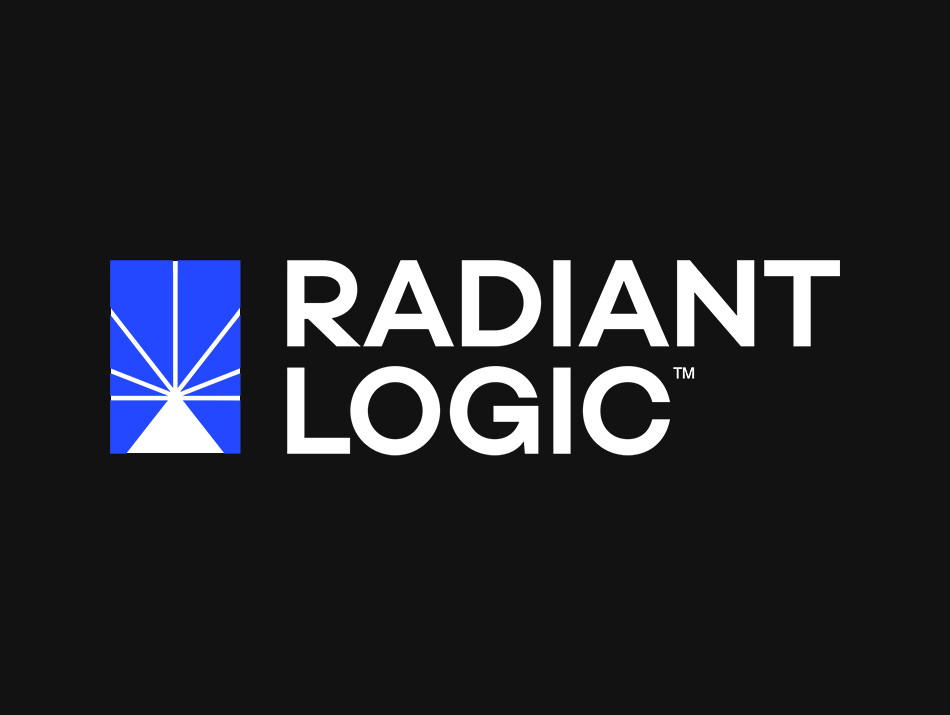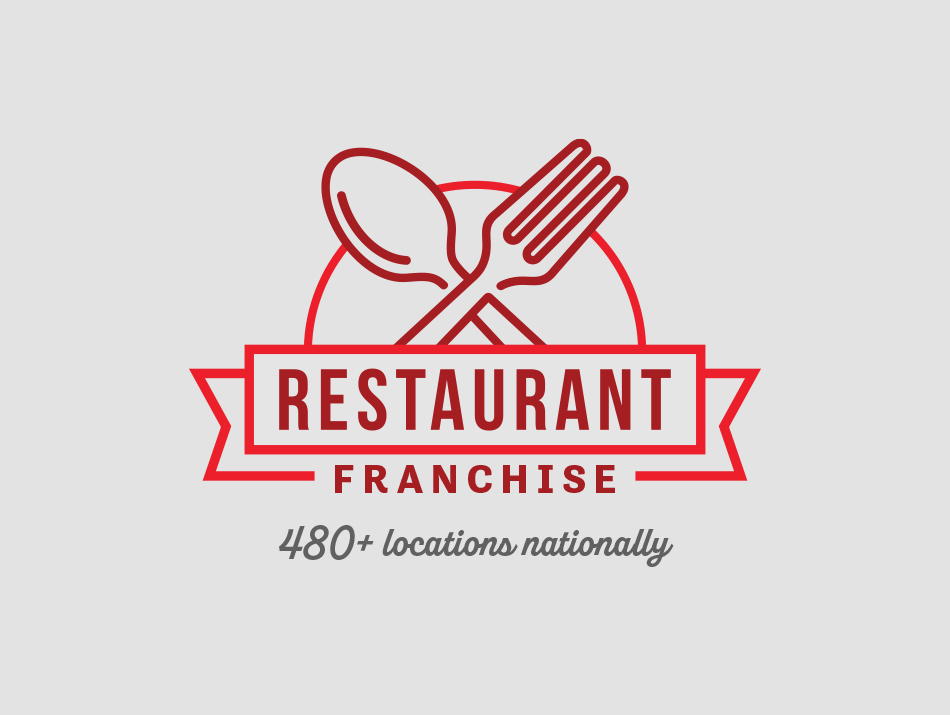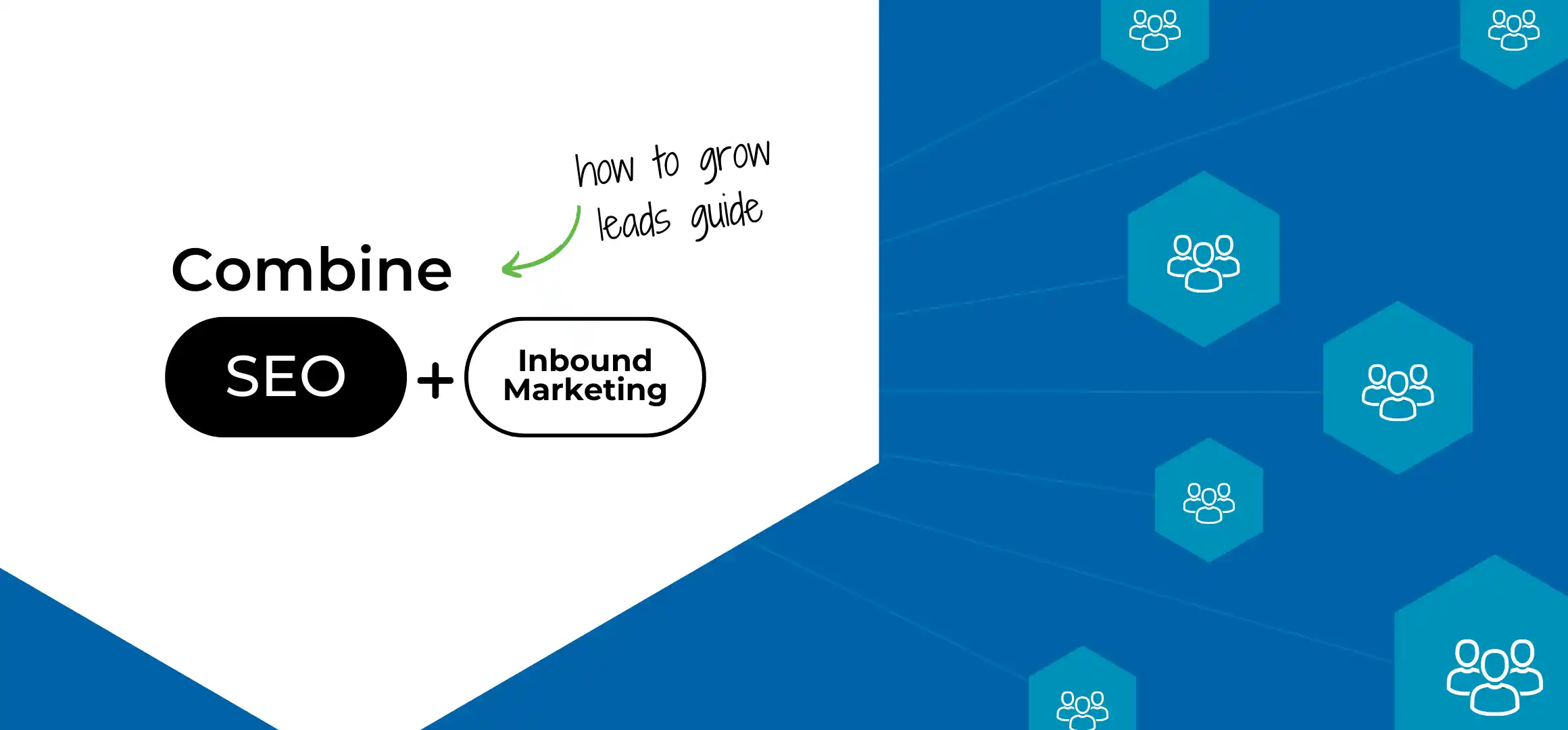Local SEO Services
and Consulting
When revenue depends on local foot traffic, a high-performance local SEO strategy
is essential for turning online interest into physical traffic that converts.
Gone are the days of flipping through clunky phonebooks to find what you need.
Today’s consumers are searching online – local businesses need to meet them there.
Our local SEO experts are skilled in getting any business to the top of search engine results in local search queries, connecting brands with ready-to-buy prospects.
76%
of mobile users conducting a local search visit a physical location within 24 hours.
Source: Google
8.4 billion
digital voice assistants are used worldwide – a service largely used to source local information.
Source: Statista
Understanding Local SEO
You don’t need to be internet famous – you need to be famous on your local internet.
Local SEO (Search Engine Optimization) involves content and technical SEO improvements that enhance a business’s online presence to increase visibility in local search engine results pages (SERPs), particularly for searches including geographic modifiers like “near me” or city or neighborhood names that indicate local intent.
Differences Between Local SEO and
Traditional SEO Strategies
SEO Mistakes Local Businesses Often Make

Misperceiving Competition
Assuming that larger competitors will always dominate local search results, so local SEO is perceived as futile and ignored altogether.

Informational Inconsistencies
Business name, address, and phone number (NAP) is inconsistent across online directories, confusing customers and search engines.

Poor Reputation Management
Online reviews are not monitored or managed effectively, which can hurt search rankings and cause negative reviews to snowball.

No Business Profile Optimization
Google My Business (GMB) profile optimization opportunities are completely overlooked, mishandled, or treated as ‘set it and forget it.’

Missing Localized Content
Content strategy doesn’t feature any or enough localized content that resonates with target audiences in relevant geographic locations.

Limited Budget + Resources
Budget allocations don’t provide access to local SEO expertise, often because leadership has been misled to believe “SEO doesn’t work.”

Unprepared for Search Volatility
Frequent changes in local search algorithms and ranking factors are not understood, or the team lacks the ability to adapt quickly.

Weak Marketing Prioritization
Budget allocations don’t use data and quantifiable metrics to justify the balance between local SEO and other marketing priorities.

Opposite of Data-Driven
Not using robust marketing analytics tools to show the ROI of local SEO efforts and determine the impact on foot traffic and conversions.
Benefits of Strong Local SEO

Get Your Business Seen
Improved visibility in local search results leads to increased online exposure and brand awareness.

Turn Visibility into Revenue
Increased foot traffic to physical locations gives your sales team more opportunities for conversions.

Outrank Competition
Outshine competitors by ranking higher in Google Maps and local map listings, making your business easier to find and contact.

Build Reputation
Strong placement in search rankings, positive reviews, and consistent business information builds credibility and trust.

Improve Customer Quality
Target the most aligned local audiences, leading to higher quality traffic and improved customer engagement.

Sustainable Costs
Cost-effective marketing approach that typically delivers a much higher ROI than traditional advertising methods.

Establish Authority
Improve local brand authority and differentiation from competitors by defining your business as a trusted local resource.

Brand Loyalty
Strengthen customer loyalty and retention through personalized local experiences and targeted promotions.

Actionable Data
Drive growth using data-driven decision-making by tracking and measuring the success of local SEO efforts with precision.

Natural Growth
Long-term sustainable growth as local SEO continues to drive organic traffic and leads over time.

Put Your Business on The (Local) Map
Book your local SEO assessment today.
Apiary Local SEO Services

Local Keyword Research and Optimization
Drive relevant local traffic with methodical keyword research and analysis that identifies and targets the search terms your ideal customers are using.

Localized Content Creation
Boost local search rankings and engage a geographic-specific audience with high-quality, locally-focused content.

Google My Business Optimization
Optimize your Google My Business profile to increase visibility in local search results and attract more of the right customers.

Local Directory Listings and Citations
Ensure all relevant local directories and citation sites are updated with consistent and accurate information about your business.

On-Page and Off-Page Optimization for Local Search
Optimize both on-page web elements and off-page signals to improve your presence in local search engine rankings.

Mobile Optimization for Local Searches
(FYI: Most local businesses are unaware that their websites are not optimized for mobile.) Improve site performance to capture and retain local mobile searches.

Local Schema Markup
Implement or optimize local schema markup so that search engine crawlers can easily locate the most relevant and detailed information about your business.

Local SEO Audits and Consulting
Regularly conduct comprehensive audits to identify strengths to be capitalized on, and opportunities to refine your local SEO strategy.

Local SEO Reporting
Make bottom-line growth decisions with the support of digestible reports on your local SEO performance, showing key metric trends and areas for improvement.

Technical SEO Optimizations
Optimize the technical aspects of your website (schema markup is one of several important elements) to enhance local search visibility and performance.
Our Apiary Approach to Local SEO


1. Initial Assessment and Goal Setting
- Identify Business Goals. Understand the overarching business objectives and how they align with SEO.
- Define KPIs. Establish measurable key performance indicators (KPIs) to track the success of the SEO strategy.
2. Stakeholder Alignment
- Collaborate with Teams. Engage the various departments (marketing, IT, content, sales) to align SEO strategies with overall goals.
- Obtain Buy-In. Ensure stakeholders understand the importance of SEO and its impact on the organization.
3. Technical SEO Audit
- Comprehensive Audit. Perform a thorough technical SEO audit to identify issues affecting site performance, crawlability, and indexation.
- Prioritize Fixes. Rank and address critical technical issues, such as site speed, mobile optimization, and crawl errors.
4. Keyword Research and Mapping
- Identify Target Keywords. Conduct extensive keyword research to identify relevant and high-impact keywords.
- Map Keywords to Pages. Create a comprehensive keyword mapping strategy, aligning specific keywords with relevant pages on the website.
5. Content Strategy
- Content Calendar. Develop a content calendar that aligns with the keyword strategy and addresses the informational needs of the target audience.
- Quality and Relevance. Emphasize high-quality, relevant, and engaging content creation.
6. On-Page Optimization
Foundational Optimizations
- Ensure title tags, meta descriptions, and header tags are optimized for target keywords.
- Create clean and user-friendly URLs.
- Create necessary redirects or resolve broken ones.
- Implement a robust internal linking strategy to enhance site structure and guide users.
7. Backlink Strategy
- Develop a Backlink Strategy. Plan and execute a backlink strategy to acquire high-quality and relevant backlinks.
- Monitor Backlink Profile. Regularly monitor the backlink profile to identify and address any low-quality or harmful links.
8. Analytics Setup and Monitoring
- Implement Analytics Tools. Set up robust analytics tools, including Google Analytics, to track and measure performance.
- Regular Monitoring. Monitor KPIs regularly and use data insights to refine strategies.
9. Local SEO Consulting
- Strategic Planning. Host stakeholder strategic planning sessions to align SEO efforts with broader business strategies.
- Data-Driven Decisions. Utilize analytics and data to guide decision-making and adjust strategies based on performance.
10. Ongoing Optimizations
- Adapt to Algorithm Changes. Stay informed about search engine algorithm updates and adjust strategies accordingly.
- Content Updates. Regularly update and refresh content to ensure relevance and accuracy.
11. Reporting and Analysis
- Regular Reporting. Provide stakeholders with regular reports on SEO performance, achievements, and areas for improvement.
- Identify Opportunities. Analyze data to identify new opportunities for optimization and growth.
12. Adaptation and Evolution
- Stay Current. Continuously educate the team on industry trends, emerging technologies, and search engine algorithm changes.
- Adapt Strategies. Adjust SEO strategies based on evolving business goals, market conditions, and industry best practices.
- And maybe most important of all… Optimize and refine to infinity.
Why Choose Apiary for Local SEO Services

Following a market-expanding acquisition into Europe, we created a French version of their website to deliver a localized and UX-friendly experience that ranked well in French organic searches.
1894%
increase in local
French traffic
355%
increase in organic
sessions from France
3 of Top 10
most organically visited site pages are French pages

To secure larger portions of highly competitive “near me” and “restaurants in” queries, we identified significant keywords gaps at the local level, and implemented targeted and localized foundational optimizations.
32.7%
increase in
location-specific clicks
25.3%
increase in average
click-through rate
2 of Top 10
clicks/impressions for “food near me” and “restaurants near me” (highly competitive monthly search volumes)
Results from Google Search Console: Past 6 months vs Previous 6 months

Why Choose Apiary for Local Search Optimization
Our consultant-partners are hands-on-keyboard marketing experts, each with an average of 12 years’ experience.
- Holistic organic search strategy vs disjointed optimizations
- Strong track record across Tech, eCommerce, Retail, Legal, Hospitality, etc.
- Headquartered in the Cloud – active across 7 time zones
- Organizational culture defined by velocity and responsiveness
- Resourcing model lets client-partners flex up/down as needed
- Dogged about data. Agnostic about platforms and tools.
Stand Out From The Local Crowd
Book your local SEO assessment today.
The 411 on Crafting a High-Performing Local SEO Strategy

Google has confirmed that 76% of consumers who conduct a local search on their smartphone visit a physical location within 24 hours. The vast majority of local online searches turn into high-quality customer engagement.

While many SEO principles apply to all website domains, businesses that rely on specific geographic audiences need a customized local SEO strategy that optimizes their website for local visibility.

Many local brands mistakenly ignore or deprioritize SEO because they believe they’ll be unable to compete with larger brands with bigger budgets. (Bringing the data to disprove this myth is our happy place.)

Some of the most essential foundational optimizations we recommend for locally-focused brands include:
- Local Keyword Research
- Localized Content Strategy
- Google My Business Profile Optimizations
- Optimizing Local Directory Listings and Citations
- On-Page and Off-Page Optimizations
- Mobile Optimizations
- Technical SEO Optimizations
Frequently Asked Questions
About Local SEO Consulting
Why does my business need Local SEO services?
Like it or not, we’re doing almost everything online these days. Consumers frequently use search engines to satisfy their interests and desires, which includes looking for nearby products and services.
To remain competitive, businesses must respond to current user behavior by optimizing their brand’s online presence for increased visibility in search engines. This is doubly true for businesses with physical locations that rely on local foot traffic.
For instance, if you own a chain of coffee shops throughout San Francisco, local SEO ensures that when someone searches for “best coffee near me” or “San Francisco coffee,” your business appears at the top of the search results.
Page 1 visibility is crucial. Multiple studies have shown that most consumers don’t bother scrolling beyond the first page of search results.
Additionally, local SEO helps build a robust online reputation through positive reviews and ratings on platforms like Google My Business, Yelp, and social media.
Particularly for local businesses, online reviews have a significant impact on a brand’s credibility and desirability, which will influence potential customers who are considering your service/product.
How can Local SEO services help businesses?
Every business should be deliberately targeting a specific audience segment that is (or will be) interested in their product or service – local businesses are no exception.
Local SEO is the set of practices that precisely targets potential customers with localized keywords and content that provides the information they need in a timely and easily digestible manner. Catering to the preferences of a local population creates a more personalized customer experience and higher engagement rates.
And what’s the result of that? More ready-to-buy traffic and sales, thank you very much.
Local businesses that choose to overlook local SEO are missing out on significant opportunities to connect with nearby customers.
In addition to substantially improving a business’s visibility in local search results, local SEO is also a crucial tactic for acquiring market share from competitors.
Outranking competitors in local searches is far more attainable than most brands think, even for small and medium-sized businesses with budget constraints.
Why is Local SEO important?
- Local SEO ensures that your business appears in local search results, increasing the likelihood of attracting local customers who are ready to make a purchase.
- Without the guidance of localized SEO keyword research, many brands risk creating content that lacks the optimizations necessary to attain top placement in search engines. Additionally, poorly optimized content misses the opportunity to articulate your brand’s commitment to the local market and build trust and credibility in that area.
- Local SEO always involves (or should) optimizing a business’s Google My Business (GMB) listing. Many local businesses don’t grasp the far-reaching impact of an accurate and updated GMB profile, and are therefore unknowingly making it difficult for potential customers to find them.
Why is Local SEO so critical for small businesses?
Local SEO is one of the most effective ways for small businesses to compete with larger enterprises in their local markets – think of it as an exercise in leveling the playing field.
While we’d never say that budget size is an irrelevant factor (it’s not), search engines are most interested in the relevance, quality, and trustworthiness of the digital information provided about and by a business.
A small business with a smartly-crafted local SEO strategy can rise to the top of search results, even if larger businesses are competing for those same search terms.
Local SEO experts are skilled at optimizing for local search terms and leveraging local directories, which gives small businesses the opportunity to achieve higher visibility in search results and free up budget to invest in other marketing channels like paid search.
Small businesses depend on customers in their immediate geographic area – local SEO is the most effective way to reach these potential customers.
What’s the difference between Local and Enterprise SEO?
Local SEO and Enterprise SEO serve largely different purposes and business types, despite many shared principles and optimization tactics. Some of the differences include:




